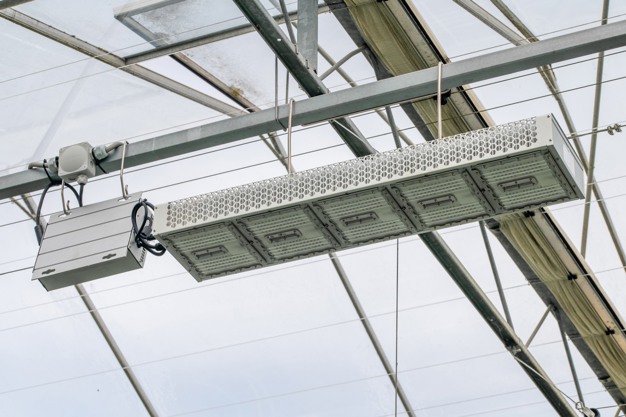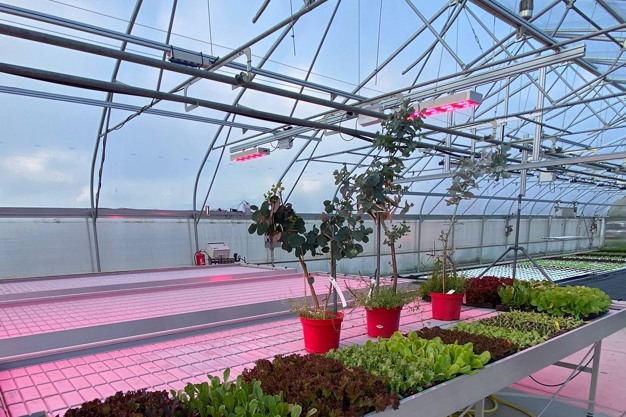Dutch horticulture has been the poster child of global innovation in agriculture for years - and for good reason. From high-tech greenhouses to a knack for squeezing maximum yield out of minimal space, it's no wonder the Netherlands is one of the most prevalent horticulture powerhouses on the globe. That being said, there is a shadow looming over this success: the skyrocketing costs of energy, particularly gas, which now make up more than 60% of operational expenses for many growers, up from just 25% a few years back.
This industry, which relies heavily on gas to power and heat its greenhouses, has been hit hard by geopolitical tensions and tightening gas supplies. Many growers, especially smaller ones, are feeling the squeeze. Energy prices aren't just eating into profits - they're threatening the very future of the sector.
In response, the Dutch government is pushing for sustainability. The vision is clear: transition to renewable energy sources, cut down on carbon emissions, and make agriculture greener. Whilst that sounds good on paper, the reality on the ground is much more complex.
But these solutions aren't cheap, and the required investment is hefty. For smaller operations, that initial cost can be crippling. Many growers have had to shut down or temporarily stop production, unable to meet these financial demands. While sustainability is the goal, the question remains whether growers can survive long enough to see it through.
Amid all this gloom, innovation is providing a silver lining. One of the most promising solutions? LED grow lights, specifically those offered by companies like NLight - whose LED technology can slash energy consumption by as much as 50%, significantly easing the burden on growers' pockets.
"They don't just save energy, either. They're adaptable. NLight's systems allow growers to customise the light spectrum to suit the specific growth stages of their crops, optimising production and maximising yield. Instead of running multiple 500W fixtures, NLight's solutions allow growers to get the same effect with just one 1000W light", says NLight's European Sales Director, Robbert Jan in 't Veld.

Bo Hasenaar and Robbert Jan in 't Veld at GreenTech Amsterdam 2024
With the industry's margins becoming increasingly tight, this type of efficiency is critical. LED grow lights not only reduce operating costs but also extend the life of the lighting system, making them a long-term investment that pays off in spades. "For an industry battling fluctuating energy prices, it's the kind of game-changer that can help Dutch horticulture maintain its golden child stance."
That being said, the longer growers wait to adapt, the more vulnerable they become to rising energy costs. In NLight's RV1000, there's a clear path forward, and for many, making the switch could be the difference between surviving or thriving in the face of these ongoing challenges.

With energy prices showing no signs of easing, the time is ripe for growers to explore NLight's LED technology and unlock a tool that can help them adapt, survive and thrive in the face of adversity.
"The energy crisis isn't going away overnight - but it doesn't have to be the industry's achilles heel - and with continued innovation and investment in smarter, sustainable solutions like NLight's LED grow lights, a secure and more sustainable future for Dutch horticulture is absolutely on the cards", Robbert concludes.

For more information:
NLight
[email protected]
[email protected]
www.n-light.tech
